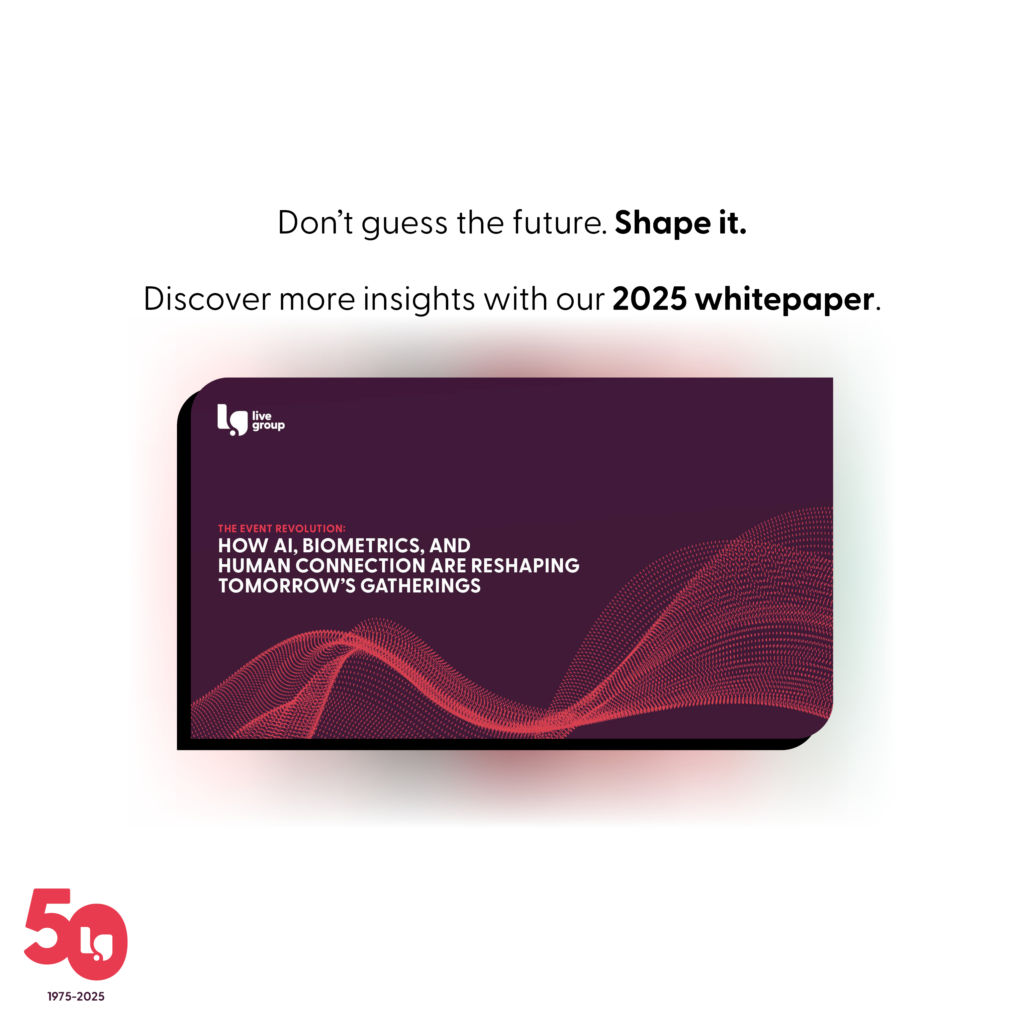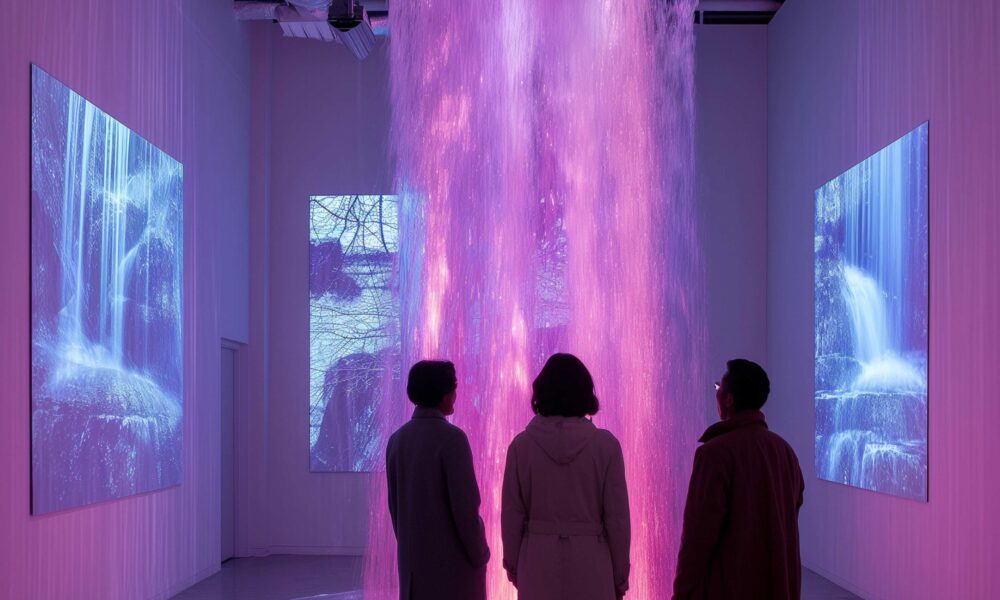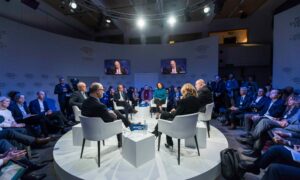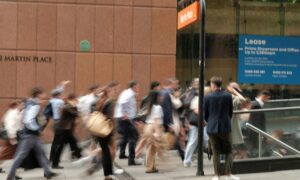Experiential events are transforming audience engagement, blending immersive storytelling and bold creative with experiential marketing strategies that leave a lasting impact.
Experiential events offer a fresh alternative to traditional event formats, blending message delivery with the immersive, the unexpected, and the fantastical. It’s an added layer of creative flair that leaves a lasting impression by entertaining the audience and engaging on a sensory level.
But why do event teams go to the extra effort? Why invest more time, planning, production, and budget into something that prioritises spectacle over keynotes and speed networking?
In this article, we’ll explore what defines experiential events, how it differs from conventional formats, whether it’s the right fit for your brand, and the types of experiences you can create for your audience.
What is an experiential event?
“Experiential event” is a broad term. It doesn’t describe a single format, but rather a set of characteristics shaped by the event’s objectives.
Experiential events go beyond the traditional by focusing on immersion and active audience participation. That might mean bringing a theme to life through elaborate set design or transforming a venue into a living narrative that connects directly to your message or product. It’s less about passive observation through plenaries and keynotes, and more about turning your audience into characters within the story you’re telling.
Experiential events are a core strategy in experiential marketing, turning brand messages into memorable, sensory-driven moments.
Experiential events are an opportunity for your team to flex their creative muscles on a grand scale. They show how advertising can become a genuine form of artistic expression and creative freedom. Often led by a specialist experiential events agency, these formats win awards for their boldness and boundary-pushing ideas. And even if they don’t lead to immediate conversions, they leave a lasting impression, keeping your brand front of mind when your audience is ready to act.
What are the Different types of experiential events?
While many different event formats could be adapted to become “experiential”, some specific experiential events examples include:
Product launches: If you’re launching a new product, an experiential event could be an opportunity to road test it, allowing your audience to try it out for themselves. The event itself becoming part of your experiential marketing strategy, enhancing your product and brand resonance.
This could look like interactive demos guided walk-throughs, immersive storytelling experiences, or even creative challenges that put your product in action.
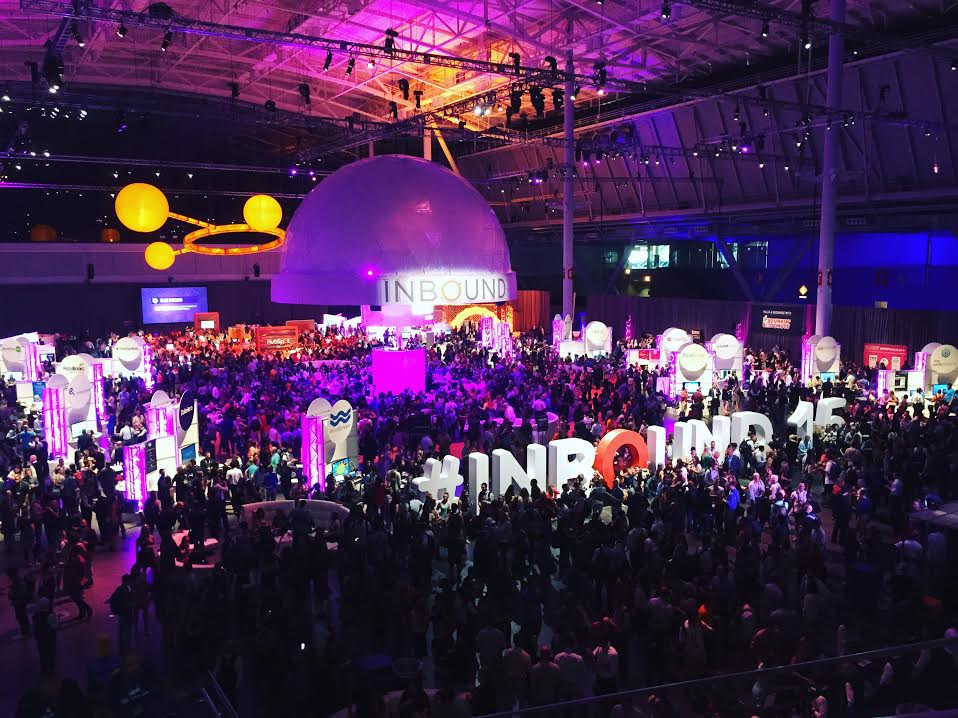
VR/AR Experiences: Experiential events offer an ideal opportunity to experiment with immersive digital tools, allowing your team to push beyond the limits of physical space. With VR headsets, participants can step into virtually any setting – from historical periods that help illustrate key concepts, to entirely imagined fantasy worlds.
This tech-enabled form of experiential marketing is a great way to boost brand resonance, without relying heavily on physical build and layout.
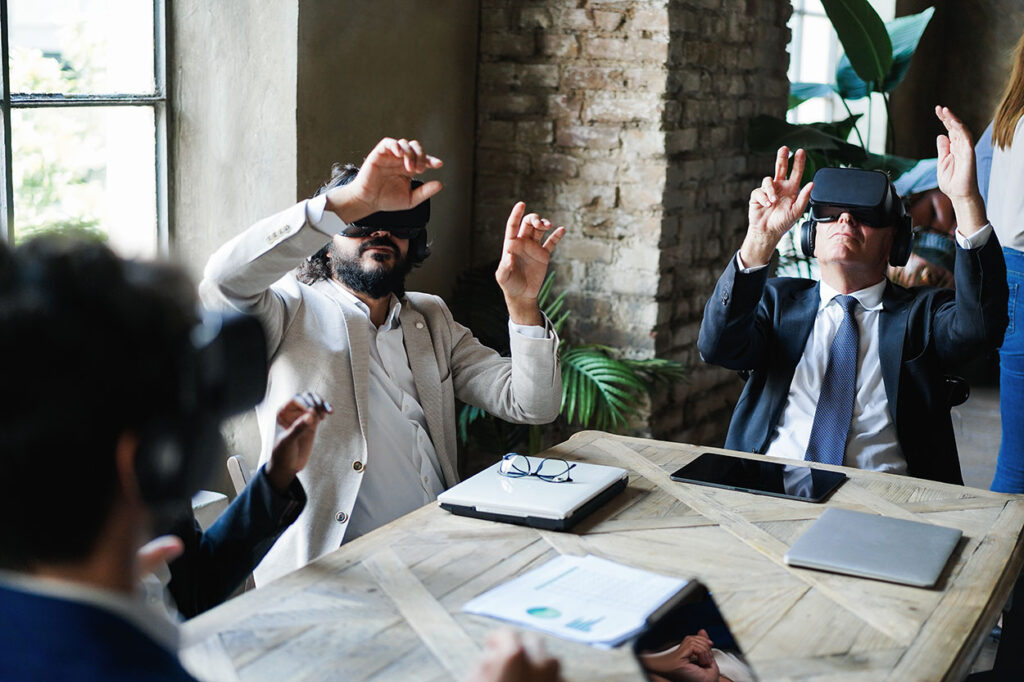
Pop up installations: Not all experiential events require tickets, badges, registration, or even delegates. Pop-up installations are a powerful form of in-person experiential marketing, transforming public spaces into themed environments that communicate your message to drop-in audiences, with the added potential for virality as your message spreads.
Charities often use this format to raise awareness around relevant issues (see: CALM – The Last Photo, London Southbank Centre), while brands might incorporate games or giveaways to draw brand recognition and drive interaction.
Either way, pop-ups are a compelling way to reach a broad, diverse audience, leaving a lasting impression whether people engage directly or simply observe from a distance.
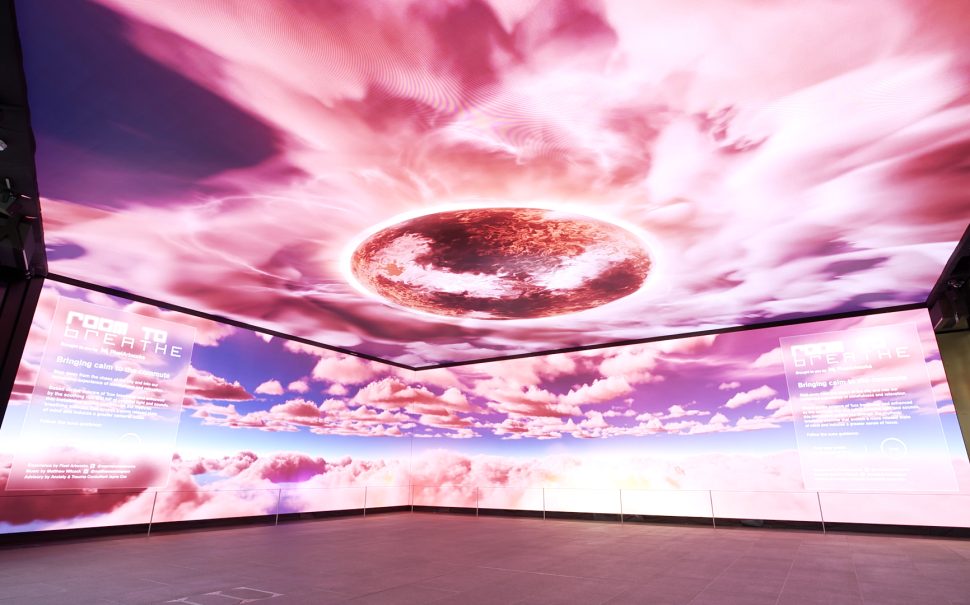
Live Narrative Experience: In many ways, every event should unfold like a piece of theatre or film. The most impactful events follow a narrative arc, guiding the audience on a kind of hero’s journey, where they emerge enriched with new knowledge through a series of experiences and interactions.
Experiential events take this even further, with the immersive narratives with dramatic tension, discovery, and transformation dialled all the way up. With elaborate sets, actors, and world-building, experiential events agencies can build a fully themed environment that brings your product or purpose to life – drawing participants into the story and making your message truly resonate.
Why choose an experiential event over a traditional format?
First, it’s worth saying: experiential events aren’t right for every situation. They require more time, planning, and often a higher budget, so the case for them needs to be clear.
Consider an experiential marketing approach if:
- You’re running a cause-based campaign (e.g. charity or advocacy work)
- You’re aiming for viral potential
- You need to simplify a complex message
- A key message must land with impact
- You want organic, high-footfall engagement
What unifies these experiential event characteristics? When you need to make a lasting impact and you’ve determined that big, bold engagement will deliver real ROI.
Conversely, a traditional event format (like a conference, seated dinner, or plenary) might be a better fit if:
- You have structured content or a formal agenda to deliver
- You’re targeting a professional audience with limited time
- You need to ensure consistent, controlled messaging
- Budget or scale demands clarity, simplicity, and structure
- You’re announcing news or updates that require focused attention and impact
In short, if clarity, structure, and control are your priorities, a traditional event format will be appropriate for your needs. But if you’re looking to spark emotion, drive buzz, or create unforgettable moments, experiential events are where your message truly comes alive.
Experiential Events: Final Thoughts
Experiential events are powerful tools for delivering explosive impact and deep audience engagement. While they may seem like a high-risk approach to key decision-makers, the potential rewards are significant. With the right strategy and robust ROI tracking in place, an experiential event can unlock greater visibility, viral potential, and lasting brand resonance.
Experiential events are immersive, interactive experiences designed to engage audiences on a deeper sensory and emotional level. Rather than relying on passive formats like keynotes or panel sessions, they transform messaging into something people can feel, touch, and remember – often through narrative, themed environments, digital interaction, or live performance.
Experiential events are best when you want to make a bold, lasting impression. They’re ideal for cause-based campaigns, viral experiential marketing activations, simplifying complex messages, or maximising organic engagement in high-footfall areas. Experiential events aren’t always the right fit. Traditional formats work best when structure, clarity, and control are essential. The difference? Traditional informs. Experiential immerses.
Absolutely. Many experiential events include digital layers and can extend into hybrid or virtual formats using AR/VR, gamified platforms, or live-streamed storytelling. With the help of an experiential events agency, you can retain immersion while expanding reach and accessibility.
Pop-up installations are a great example of experiential event marketing. These transform everyday spaces into immersive brand experiences – like a fantasy-themed activation or a charity installation recreating a critical moment in time. Other examples include VR demos, immersive product launches, and live performances that tell your brand’s story.
If your priority is structured delivery, formal presentations, or time-efficient communication for professional audiences, a traditional format is likely the better choice. Experiential events are best when your goals focus on memorability, emotion, and interaction – not just information.
Download our latest report to explore the latest event solutions, learn how event production agencies are leveraging technology for seamless conference planning, and uncover strategies to enhance hybrid event management.
